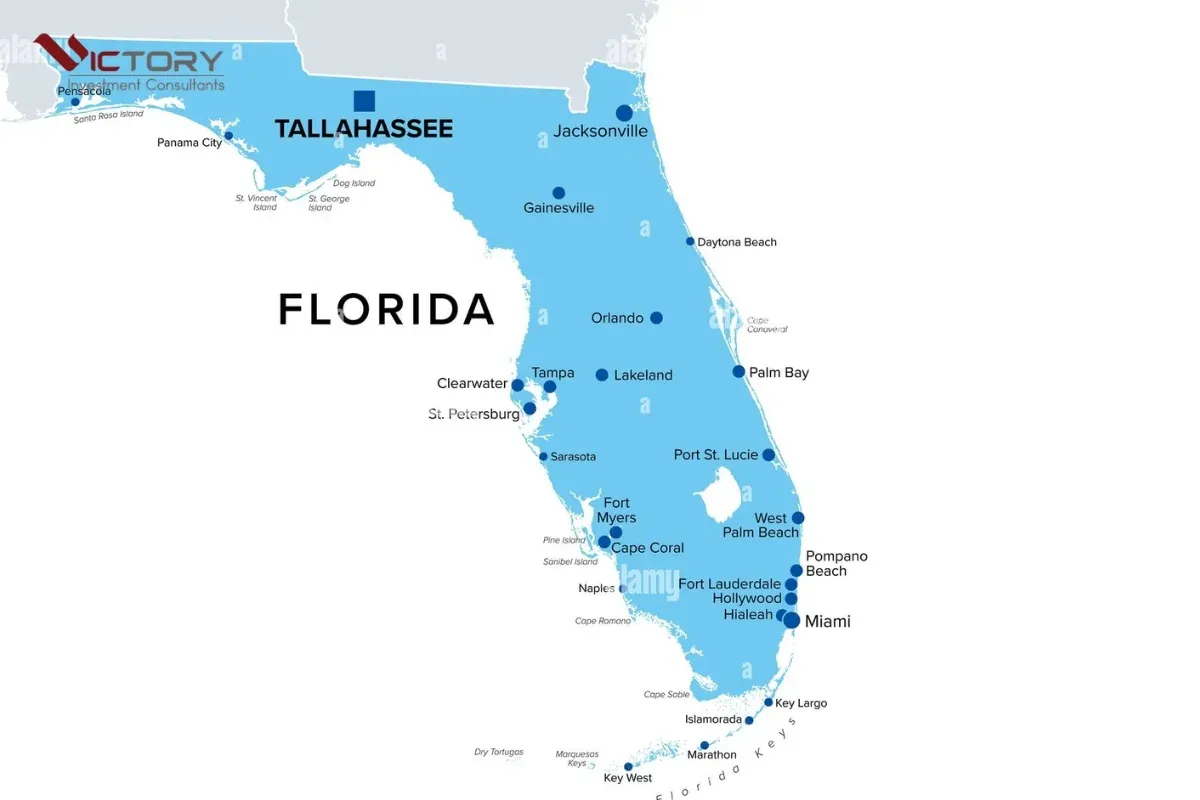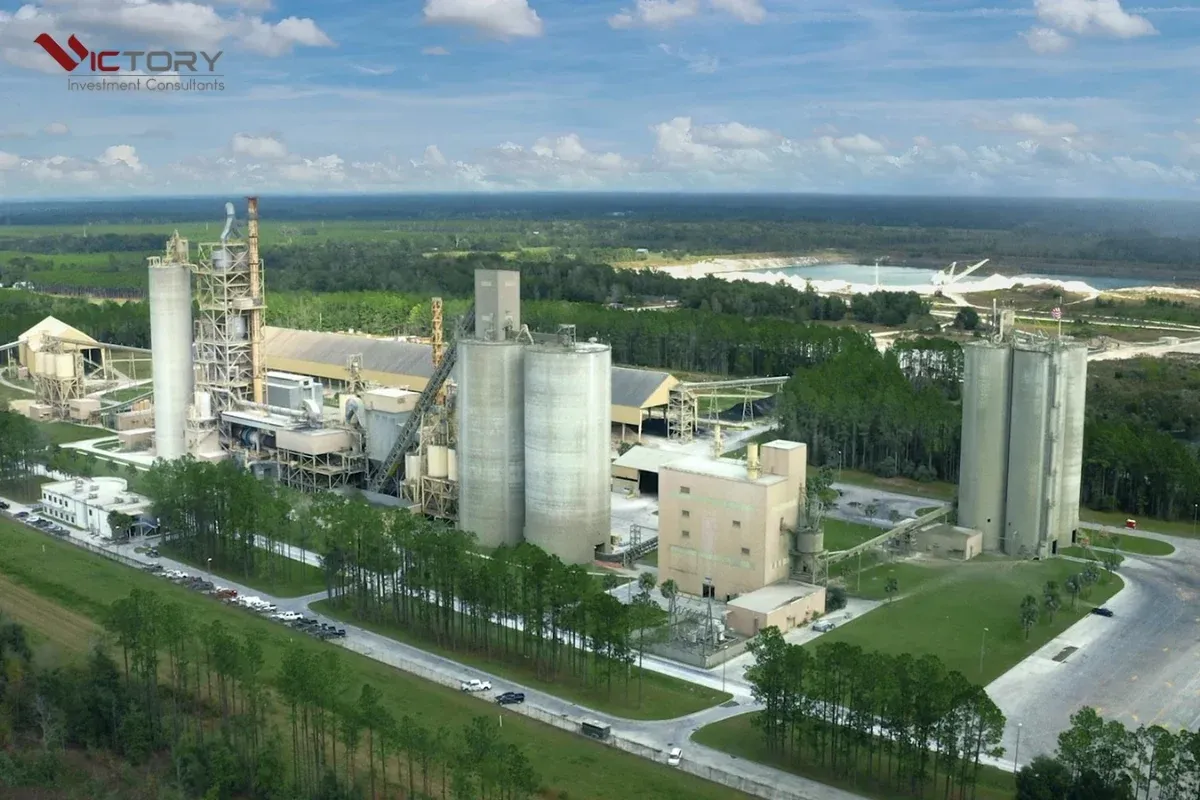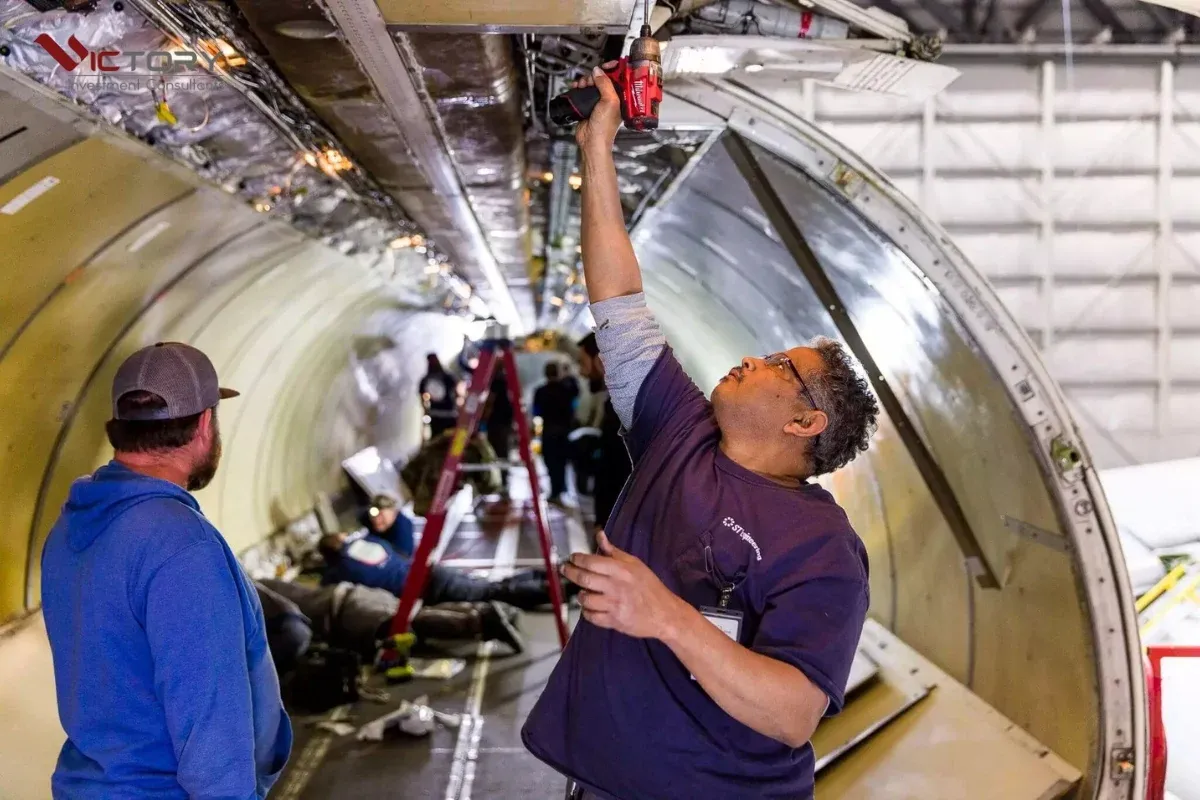Florida, while renowned for its endless beaches and bustling theme parks, also harbors a rich and ancient history. The remnants of ancient settlements in Florida serve as evidence of the presence of native cultures dating back thousands of years. Join “Travel Across the World” on a fascinating journey to explore archaeological sites where time seems to stand still, revealing the mysteries of the land’s glorious past.
Florida has long been a dream destination for those seeking a new way of life, but few know that this land has witnessed the survival and growth of many ancient civilizations. This article will take you on a journey through time, delving into the oldest settlements and discovering the lives, cultures, and legacies left behind by these ancient inhabitants.
Ancient Native Civilizations of Florida
Before European settlers arrived, Florida was home to numerous native tribes, each with its own distinct culture, language, and traditions.
- Paleo-Indians: The first inhabitants of Florida, appearing around 14,000 years ago, lived in harsh environments with cold and dry climates. They were nomadic hunters specializing in hunting large animals such as mammoths and bison.
- Coastal Tribes: As the climate warmed and sea levels rose, native communities flourished along the coast. They exploited the abundant resources of the sea, built coastal settlements, and developed fishing and shellfish harvesting skills.

Prominent Ancient Settlements and Remaining Artifacts
Exploring these archaeological sites isn’t just an educational experience—it’s a chance to connect with the cultural and historical roots of Florida.
- Windover Archaeological Site: Located near Titusville, Windover is one of the oldest and most important burial sites in North America. Archaeologists discovered the remains of over 168 individuals buried in a peat bog, preserving burial artifacts and even ancient brain tissues.
- Crystal River Archaeological State Park: This park is home to an important ceremonial complex created by native peoples, featuring earth mounds constructed thousands of years ago. These mounds were used for religious ceremonies and burials.
- Fort Center: Once a major political and religious center for the Belle Glade culture, this site includes canals, earthworks, and sophisticated architectural structures. Findings at Fort Center include valuable wooden carvings and pottery.

Ancient Cuisine and Everyday Life
The cuisine of Florida’s native tribes reflects their remarkable ability to adapt and thrive in diverse environments.
- Food Sources: Primarily reliant on marine resources such as fish, shellfish, and oysters, they also hunted terrestrial animals like deer, wild boar, and birds.
- Preparation Methods: Popular methods included roasting, smoking, and boiling. They utilized local herbs and spices to enhance the flavor of their dishes.
- Role of Plants: Plants played a key role in their diet. They cultivated corn, beans, and squash, while gathering wild fruits, seeds, and greens.

How History Shaped Modern Florida Culture
The history of ancient settlements continues to leave a profound impact on Florida’s modern identity.
- Cultural Heritage: Archaeological sites and historical museums preserve and showcase the lives and cultures of native tribes.
- Artisanship: Contemporary Florida artists often draw inspiration from the native techniques and styles, creating unique works rooted in history.
- Cultural Tourism: Cultural tourism has become a vital industry, attracting visitors worldwide to explore the rich history and heritage of this region.

Preserving and Enhancing Historical Treasures
Preserving and promoting the legacy of ancient settlements is essential for maintaining Florida’s cultural heritage.
- Archaeological Research: Continue investing in archaeological projects to uncover more about the history and culture of native tribes.
- Education and Awareness: Organize educational campaigns and promote community awareness about the importance of cultural heritage.
- Sustainable Tourism Development: Develop cultural tourism responsibly to ensure historical sites are protected and respected.

Conclusion
Ancient settlements in Florida are a significant part of the state’s legacy and cultural foundation. Exploring and preserving these sites not only allows us to understand the past but also contributes to a brighter future for Florida. Join “Travel Across the World” in continuing to delve into the wonders of our planet and celebrating the cultural treasures we inherit.